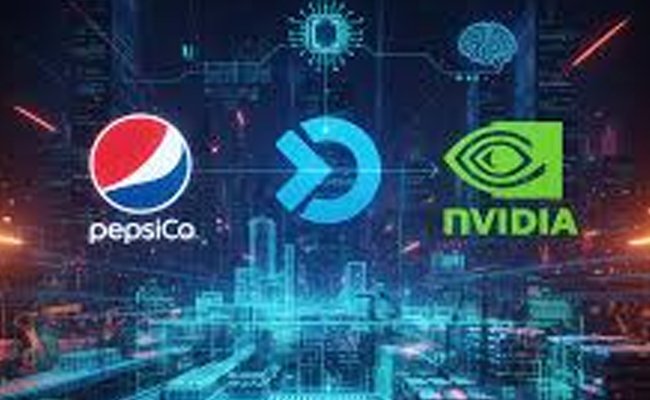Deepak Kumar, Head – Cyber Defense, Infogain
By 2025, enterprises are being reshaped by transformative technologies. Generative AI is driving change across content creation and decision-making processes, while cloud-native architectures and edge computing, supported by 5G, enable real-time, decentralized operations.
AI-driven automation is streamlining workflows, and Zero Trust models, enhanced by AI, are improving security through dynamic access control and real-time threat detection. Digital twins and simulation models provide valuable insights into performance and operational foresight. Low-code/no-code platforms accelerate innovation by empowering non-technical teams, and sustainable tech initiatives like green IT and energy-efficient infrastructure are becoming essential priorities for businesses.
Embracing Security-First Approach
Cybersecurity is deeply integrated into business operations. Leadership sets the tone for a security-conscious culture, ensuring it’s treated
as a shared responsibility across the organization. Continuous awareness programs, role-specific training, and gamified initiatives foster vigilance. Security protocols are embedded into daily workflows, making it easy for employees to report suspicious activities and engage in feedback loops.
On the technology front, AI and automation lead the charge—machine learning models detect anomalies, and SOAR platforms streamline responses. The Zero Trust model enforces strict identity verification and microsegmentation, limiting access and lateral movement. Real-time verification, cloud-native security frameworks, and AI-assisted IT operations (AIOps) ensure that businesses remain agile, resilient, and secure in the face of evolving threats.
CIOs as Digital Value Architects
The role of the CIO is evolving from managing systems to becoming a strategic value creator in 2025. Modern CIOs play a crucial role in shaping business models, driving digital strategies, and leading innovation through data monetization, AI, and enhanced customer experiences. They guide transformations across people, processes, and platforms, ensuring business agility and measurable digital outcomes. In addition to driving technological advancements, CIOs are integral to enterprise risk management, cybersecurity, and operational continuity.
CIOs work closely with C-suite peers—CMOs, CFOs, and CHROs—to seamlessly integrate technology into every aspect of the business. In parallel, the CTO leads the charge on emerging technologies such as AI and quantum computing, while the CISO evolves into a Trust Builder, leveraging AI to proactively manage risks and embed security into business operations. The DPO, as the Guardian of Data, ensures compliance with global privacy regulations, fostering trust and ethical data use throughout the organization.






